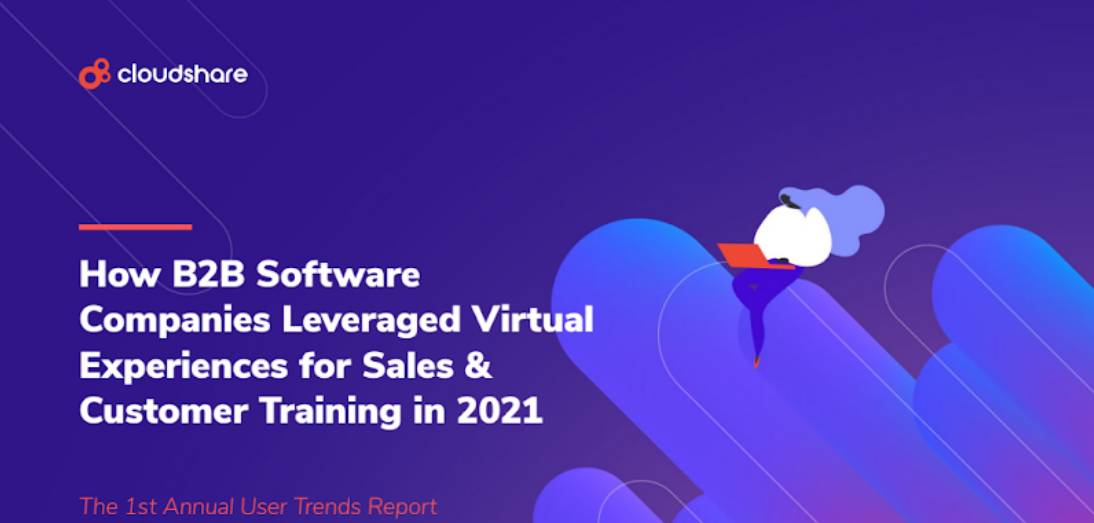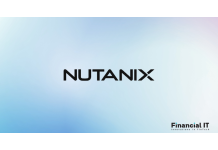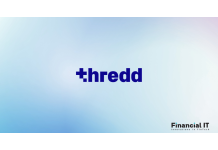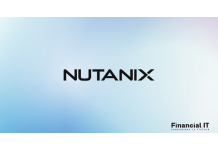Volante Technologies Introduces Multi-Cloud Resiliency...
- 22.01.2026 10:05 am
Nutanix Expands Capabilities To Help Customers Build...
- 15.12.2025 02:15 pm
HCLTech Signs Strategic Collaboration Agreement With...
- 26.11.2025 11:25 am
Thredd Signs Landmark Agreement to Enable Visa Cloud...
- 26.11.2025 09:40 am
Santander México Migrates Its Entire Technology...
- 25.11.2025 12:20 pm
Nutanix Expands Microsoft Azure Virtual Desktop...
- 20.11.2025 10:15 am
Brighter Super Futureproofs Compliance With Napier AI’...
- 20.11.2025 09:05 am
FIS Expands Auto Market Presence With Cloud-Based...
- 19.11.2025 12:35 pm
VAST Data Partners With Google Cloud to Enable...
- 12.11.2025 11:20 am
nbkc Bank Expands Banking-as-a-Service Suite with...
- 27.10.2025 08:35 am
Mastercard Launches Merchant Cloud to Simplify and...
- 15.10.2025 02:35 pm
Nutanix And OVHcloud Announce Nutanix Cloud Clusters...
- 02.10.2025 10:40 am






















